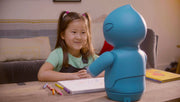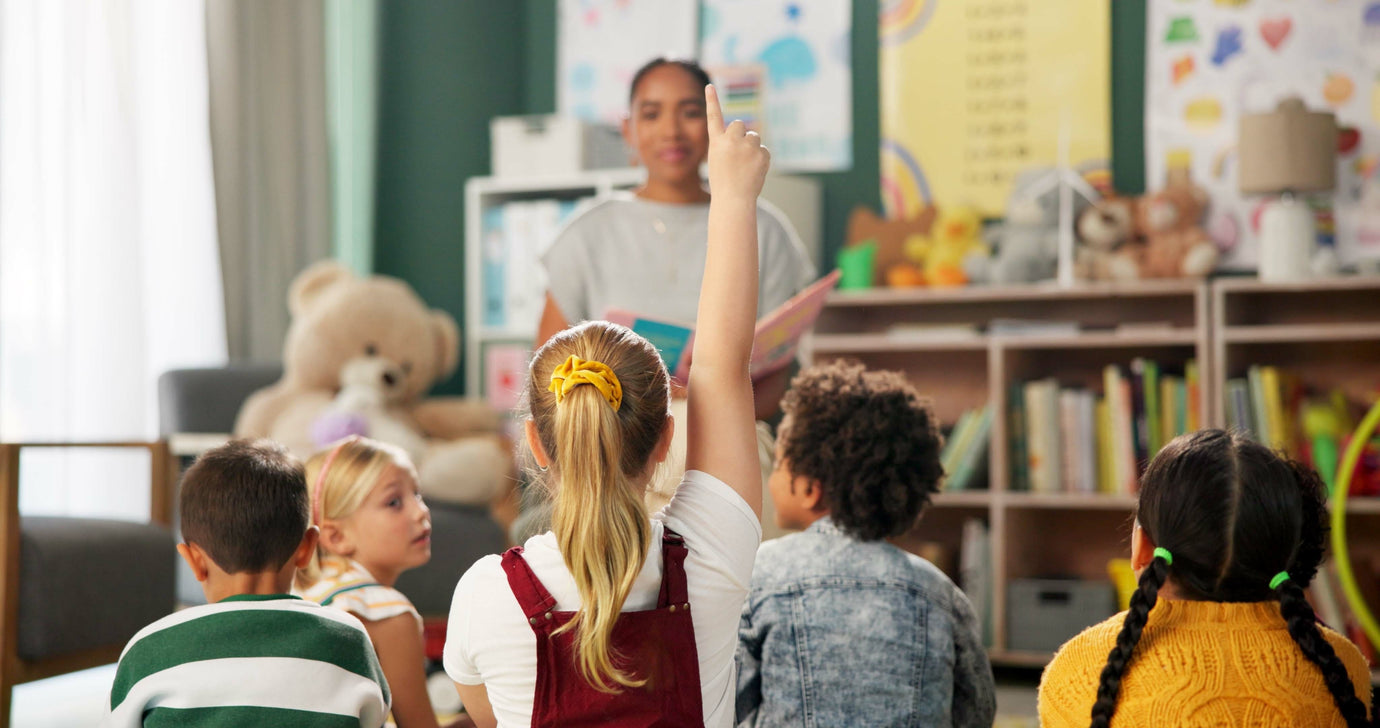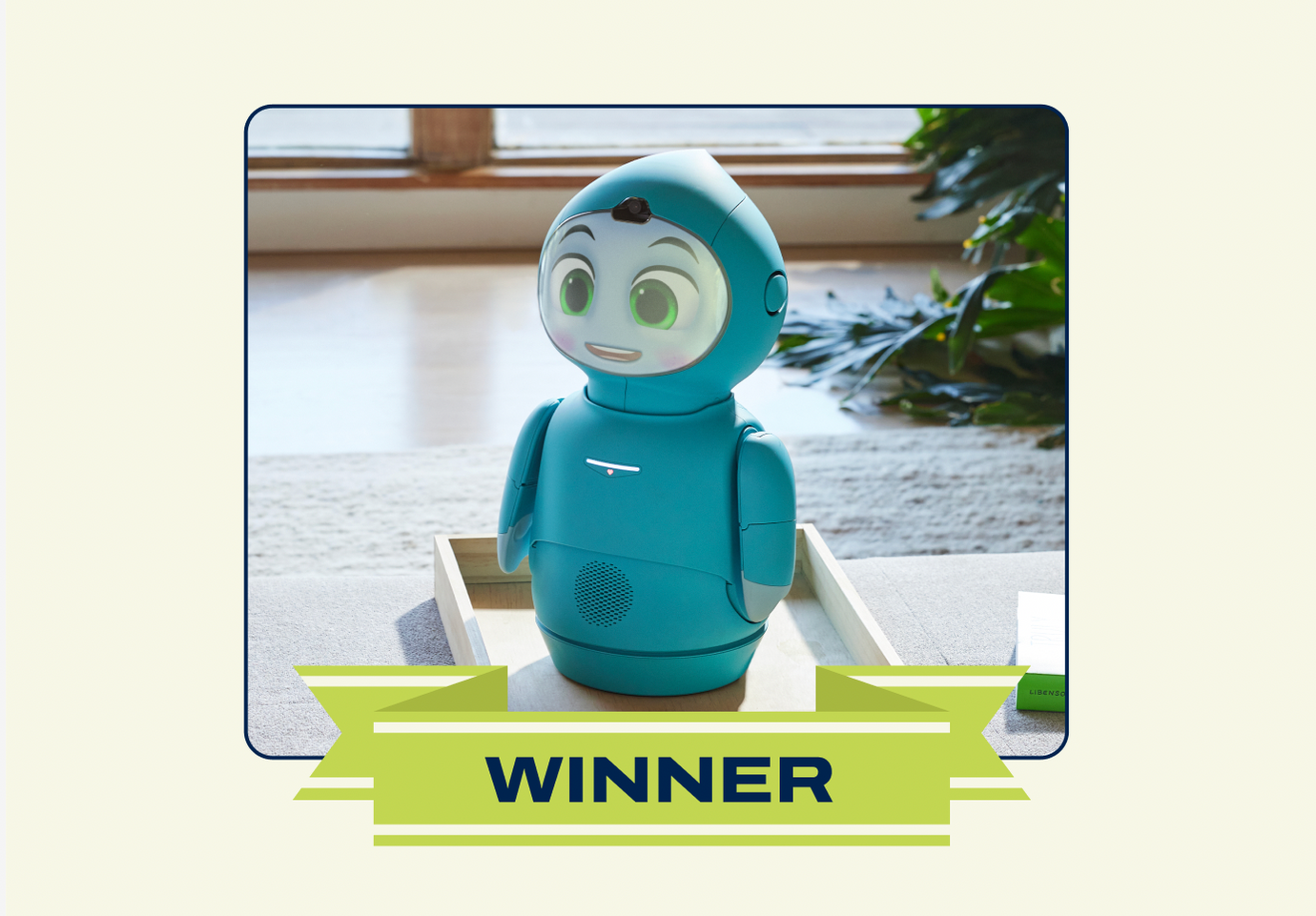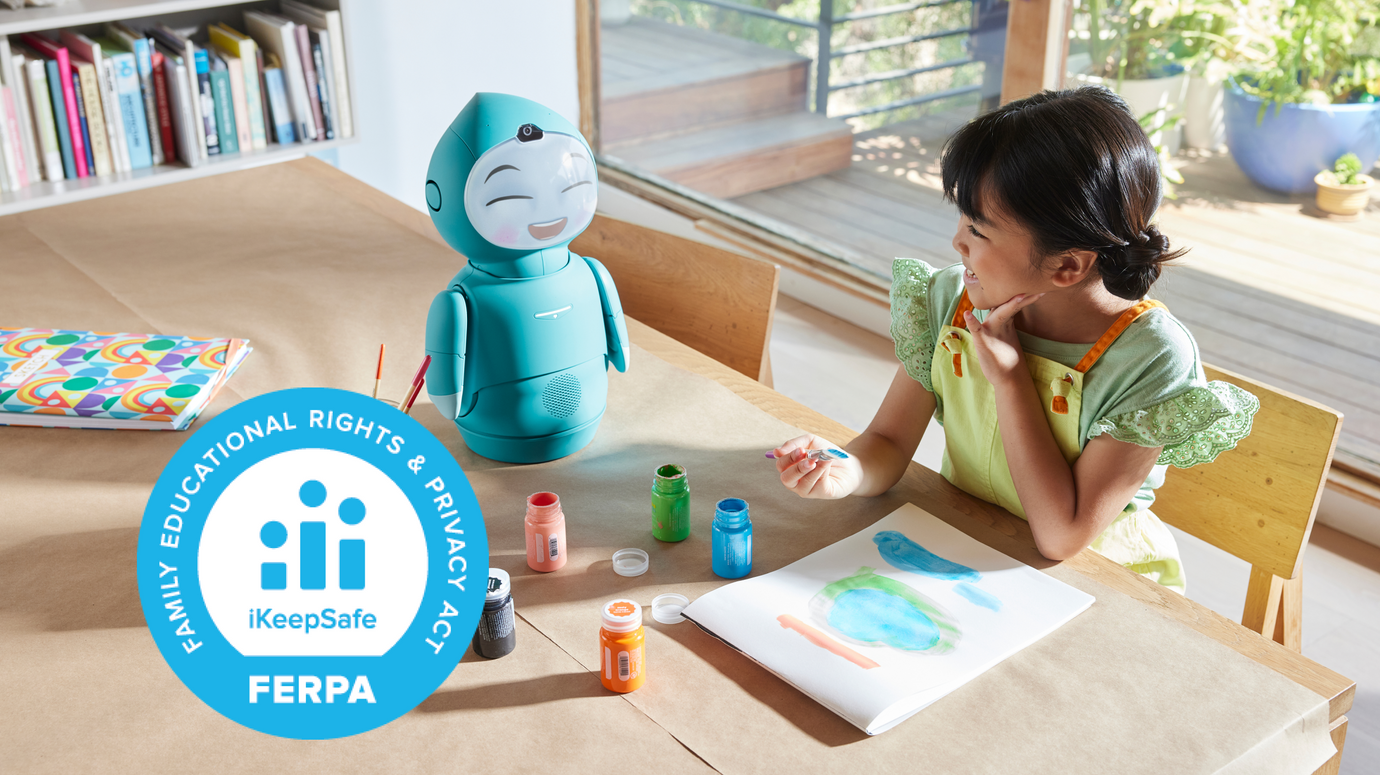How To Help Your Child Win Friends By Learning To Be One
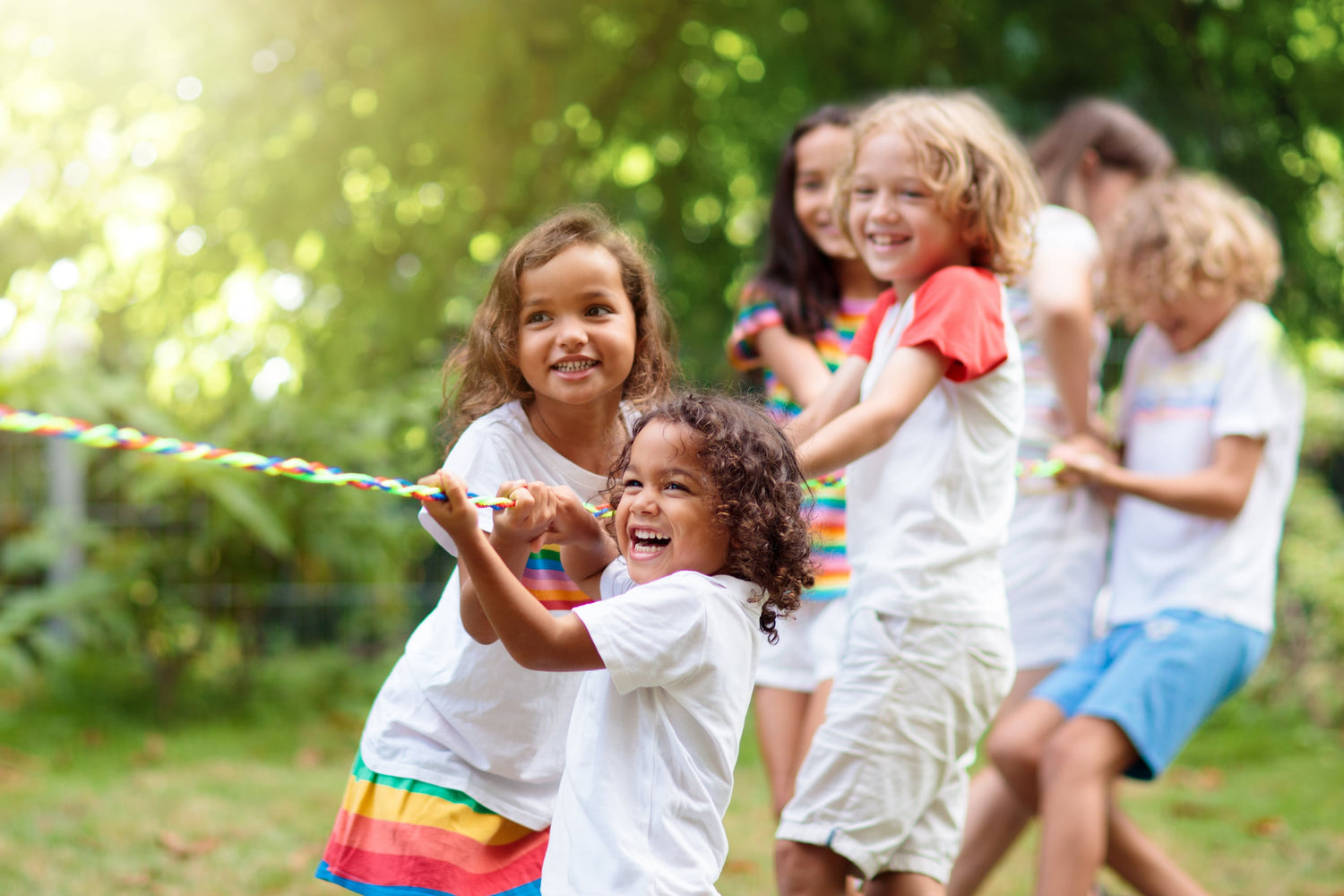
Friendship-Making Skills Kids Should Learn
“The only way to have a friend is to be one.” - Ralph Waldo Emerson
Perhaps easier said than done, Mr. Emerson! For some of us, the qualities that make us a good friend - which also helps us have good friends - come naturally. For others, it takes a little work. But regardless of how easy or challenging friendship is for us, friend skills can be learned and improved – and the results are beneficial for all.
Learning how to make friends is a central developmental task of childhood. Kids get many benefits from interacting with their peers and forming friendships. Most of us likely have some common sense ideas of the wonderful things that friendship can bring us. And there’s also research to support those ideas. For example, friends can provide emotional support and security, can help with feelings of loneliness, and can act as an important buffer against unpleasant experiences. Having good friendships can also help kids with self-esteem, confidence, emotional awareness – and can even protect against bullying (or at least lessen the negative effects for kids who experience bullying). Navigating friendships help kids develop social and communication skills (duh!) – but it also helps them build creativity and develop cognitive and problem solving skills as well.
Tips to Help Your Kid Learn on the Quest to Making Friends
Qualities for Being a Good Friend- Emotion Regulation
- Understanding Other's Perspectives and Emotions
- Empathy and Sympathy
- Cooperation, Negotiation, and Compromise
The qualities necessary for being a good friend are essentially the key elements of social emotional skills learning: emotion regulation, reading and understanding other people’s perspectives and emotions, demonstrating empathy and sympathy, and knowing how to cooperate, negotiate and compromise – just to name a few. So, in addition to helping kids build their general emotional intelligence, there are some specific things caregivers can do to help their kids learn how to make friends – and how to be a good friend to others.
Model Warm Relationships and Friendly Interactions
As with everything, kids are looking at you to learn how to interact with other people. To help kids learn to be warm, empathetic, and kind friends, your first step is to be warm, empathetic and kind with your kid. Another opportunity for modeling is in how you interact with other people – from strangers you interact with throughout the day to your own friends. Are you friendly? Do you smile and make eye contact? Do you reach out to friends in need? Be aware of the example you’re setting as your kids are picking up on your behaviors and are learning how to interact with people by watching you.
Teach and Practice Specific Friend Skills
There are quite a few specific skills that kids can learn and practice that will help them make friends. You can start with something as simple as saying hello. Encourage your kids to make an effort to greet people throughout the day with eye contact and a smile.
You can also help them work on their conversation skills. Depending on their age and general level of chattiness, there may be varying levels of conversation between your kid and their peers, but even the quietest friends talk sometimes! And being able to converse, even just a little bit, may get more important as kids get older and can no longer simply sidle up to another kid and start silently playing. So, practice the art of conversation. Help your kid come up with some simple questions to ask a potential friend, and give them practice listening when others speak. You can even role play: have your kid pretend that you are someone they're interested in getting to know better and let them take the lead in initiating contact and maintaining a conversation.
There are so many more skills that can be useful in friendship, such as taking turns, compromising, or sharing. One way to help kids practice these kinds of skills is to play games with them. It’s great practice for kids as they work on respecting the rules of the game, learning to take turns, and winning – or losing – gracefully. An added bonus is after learning how to play a particular game, they can have ideas for what to do with a friend ready to go!
Observe Them in the Wild
Particularly for kids who are struggling with friendships, it might be helpful to take a step back and watch them as they interact with other kids. (You could also consider asking their teacher for input.) What friction points do you see? Look at how your kid approaches other kids – if at all. How do they interact with other kids and how do those kids respond? Maybe you notice that your kid never makes an effort to join in a game with other kids. Maybe you see that as soon as there’s a conflict, your kid gets really angry and behaves aggressively. Maybe you see that other kids try to include your kid but they don’t recognize those efforts and instead stick to themselves.
What you observe can then lead to discussions with your kid, though it’s crucial to remember to be loving and gentle, especially if making friends is something your kid already feels anxious and self-conscious about. If you see that your kid doesn’t approach anyone, help them practice and role play ways to start a conversation or jump in a game. If you see that they have a hard time with conflict, work on anger management skills like deep breathing. If you see that they ignored social cues from other kids inviting them to play, help point out what you saw other kids doing and help interpret the behaviors (for example, I saw so-and-so smile at you and pass you the ball when we were at the playground. I think he wanted to play with you!).
Know Your Kid and Create Just-Right Opportunities
You can also help your kid make friends by setting them up for success. Help organize play dates with kids that seem to be good potential companions. If your kid is nervous, you can help by talking about what’s going to happen and work together to think of some fun activity possibilities ahead of time. You can also help them find friends by taking them to do activities they enjoy, such as sports. Remember that it’s important to know who your kid is and focus on an approach that’s right for them. A shy kid may not want to be thrust into a raucous class party but would prefer to invite a few classmates over for a more intimate get together.
Manage Your Expectations
If you’re a social butterfly, it may be hard to understand a kid who seems to focus all their energy on one or two friends. But remember that everyone is different. Friendship is important, yes. But there’s nothing that says that ten friends are better than one. Even just a few close friends can be all your kid needs.


